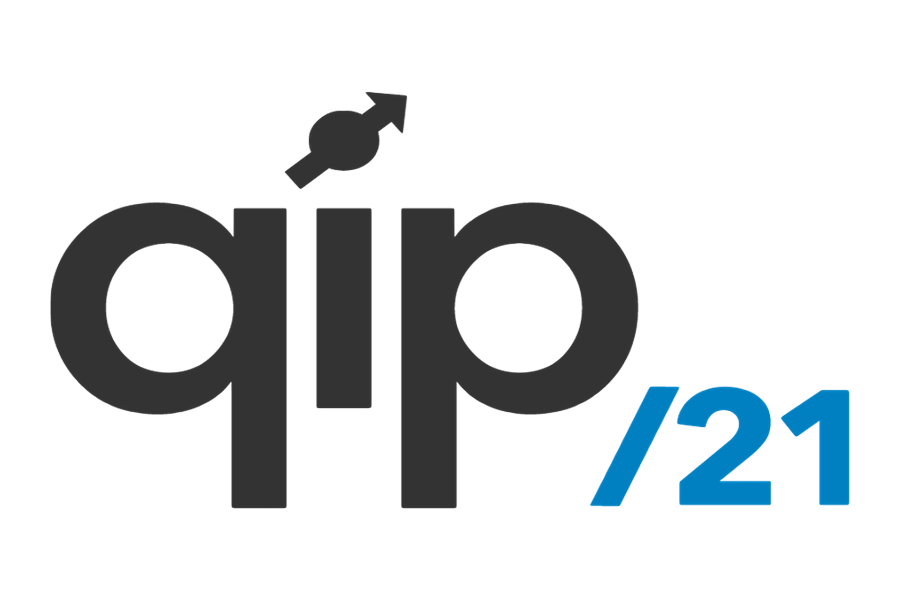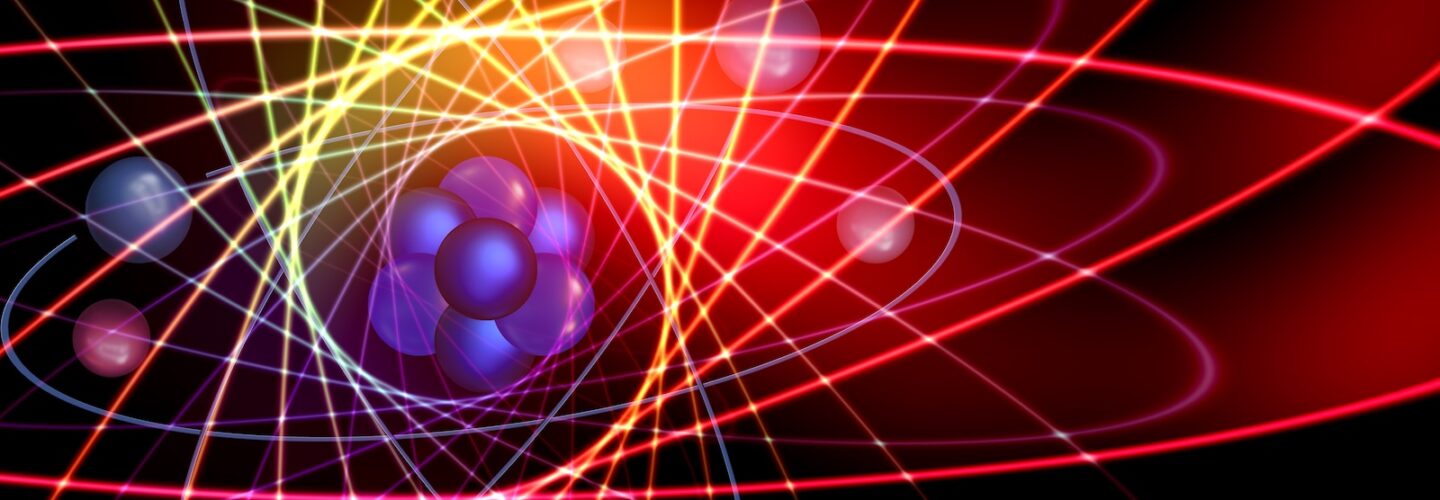UChicago Researchers Present Seven Papers at Major Quantum Theory Conference

In recent years, the field of quantum information science has progressed rapidly from theory to application. The most prestigious conference in the field — the international Conference on Quantum Information Processing, or QIP — has followed suit, expanding to feature research on the foundations of emerging quantum technologies in areas such as computing, sensing, and communication.
At UChicago, quantum researchers explore all of these areas along the continuum from theory to experimentation. This year, the excellence of that work was recognized at QIP, which accepted an impressive seven talks with UChicago authors. The presented research spanned not only several different thrusts of quantum research at UChicago, but also multiple units, including the Department of Computer Science, the Pritzker School of Molecular Engineering (PME), and the Chicago Quantum Exchange (CQE).
“I think it is really exciting that these talks are very diverse, covering a wide-ranging set of topics,” said Bill Fefferman, Assistant Professor of Computer Science and co-author on three of the seven papers. “It indicates how far we've come as a university, and it's indicative of the investment the university has made in this area in the last several years. It's a milestone for quantum research at UChicago.”
QIP 21 also featured three talks from the group of Liang Jiang, Professor of Molecular Engineering at PME, and a talk from Nicholas Laracuente, a postdoctoral researcher in the CQE/IBM trainee program. The conference, scheduled for early February in Munich, was held online, and videos of the talks are available here.
Breaking Through The Noise
The most immediate impact of quantum science may be in new sensors and modes of communication that harness the unique physical properties of quantum systems. Jiang’s work straddles theory and applications, finding approaches that reduce noise and correct error in these early-stage technologies.
For example, quantum communication promises a new method of transferring information at immensely high speed and with unbreakable security. But current attempts at these quantum systems are plagued by noise that limits their capacity and transmission rate, and quantum networks lack the coding designs that make classical networks such as 5G possible. In one QIP paper, Jiang and former graduate student Kyungjoo Noh (now at Amazon Web Services) with Stefano Pirandola of the University of York probed the limits of noisy quantum channels and designed a new correlated multi-mode encoding approach that raises the floor for quantum communication.
Another talk at the conference — delivered by Jiang’s graduate student Sisi Zhou — examined the limits of another quantum application: sensing. With classical sensors, uncertainty is decreased by conducting many measurements of the same target. Quantum sensors promise a huge improvement in precision by lowering uncertainty much faster; theoretically, instead of a million measurements for high confidence, one might only need a handful. Zhou and Jiang’s paper examined the fundamental limits of this quantum advantage, and describes a strategy drawing upon error correction to achieve it, if possible for a given system.
A third paper co-authored by Jiang with researchers from the Joint Quantum Institute, Princeton, Harvard, MIT, and Amazon AWS looked at how to protect quantum information from decoherence by distributing it over many qubits, the quantum computing analogue of the computer bit, using low-depth random circuits. The work also points the way towards practical applications on the current generation of quantum computers, an interest Jiang shares with Fefferman — since both arrived at UChicago in 2019, they have launched new collaborations in this area.
“At UChicago we have a very holistic quantum program — not just theory, not just experiments — and people work very closely,” Jiang said. “That's really exciting, because different thrusts can benefit by talking to each other. For example, if we know how to do error correction, we can make it work for computing, we can also use it for communication, or even sensing. There is lots of synergy.”
A Grand Entrance for Quantum Theory
Fefferman’s papers at QIP reflect his research focus on theoretical findings that will have immediate or near-term impact upon the growing field of quantum computing. One paper, “Noise and the frontier of quantum supremacy,” is the latest chapter in his efforts to find the “killer app” for quantum computers: a task they can perform that would be prohibitively slow or even impossible for classical computers. In this paper, Fefferman along with Adam Bouland, Zeph Landau and Yunchao Liu from UC Berkeley provide evidence that, even without correcting for their considerable noise, the quantum computers of today and the next few years can perform computationally hard tasks that would beat their classical counterparts.
A second paper by Fefferman and his postdoctoral researcher Zachary Remscrim tackled intermediate measurements, when the quantum state of a qubit is collapsed in the middle of a computation before proceeding to the next step. While these intermediate measurements can be a powerful algorithmic resource, they can be challenging to implement experimentally. Before this work there was a well-established procedure to defer these intermediate measurements to the end of a computation, but this procedure used additional qubits. In an era where the cutting-edge quantum computers only carry around 50 qubits, these are costly sacrifices, and Fefferman and Remscrim developed a new procedure to defer those measurements to the end of a computation without using extra qubits.
Other UChicago talks at QIP stayed closer to the conference’s theory roots. A third paper by Fefferman and former colleagues Abhinav Deshpande and Alexey Gorshkov at the Joint Quantum Institute is an exploration of the hardness of computing the ground state energy of local Hamiltonians, a concept with relevance to both quantum physics and computational complexity theory. Finally, the paper co-authored by Laracuente, collaborating with Marius Junge at the University of Illinois at Urbana-Champaign, explores connections between quantum information and mathematical ideas appearing in high energy physics.
“The University of Chicago has a very established track record in quantum information topics related to engineering and applied areas, but these new successes reinforce that we have great strength in theory as well,” Fefferman said. “The university has made this large investment in quantum computing and it’s definitely paying off. We’re seeing the enormous potential of having researchers in different subareas of quantum physics and computation working together and creating research that is truly interdisciplinary. It’s an exceptionally exciting time to be a part of this team of researchers at UChicago.”













